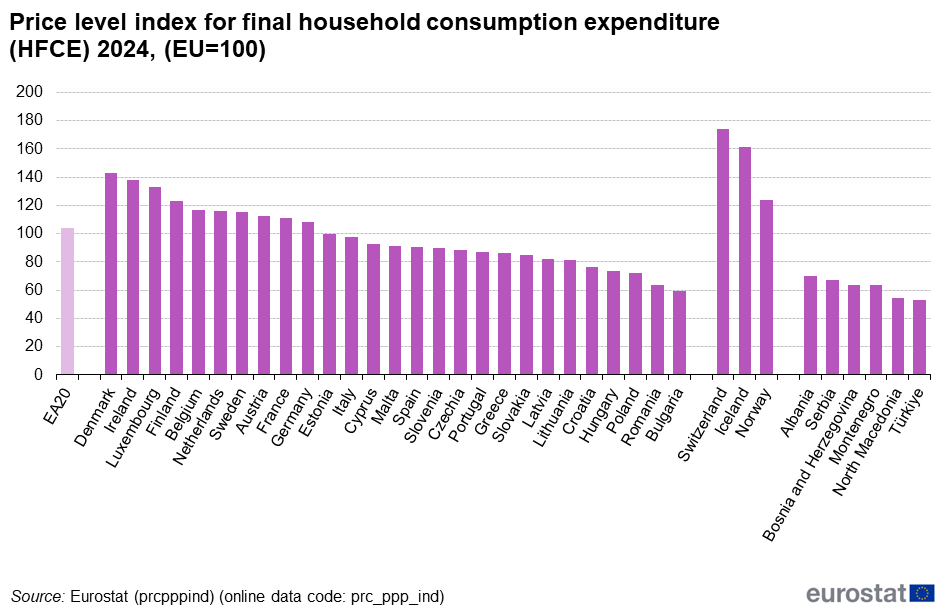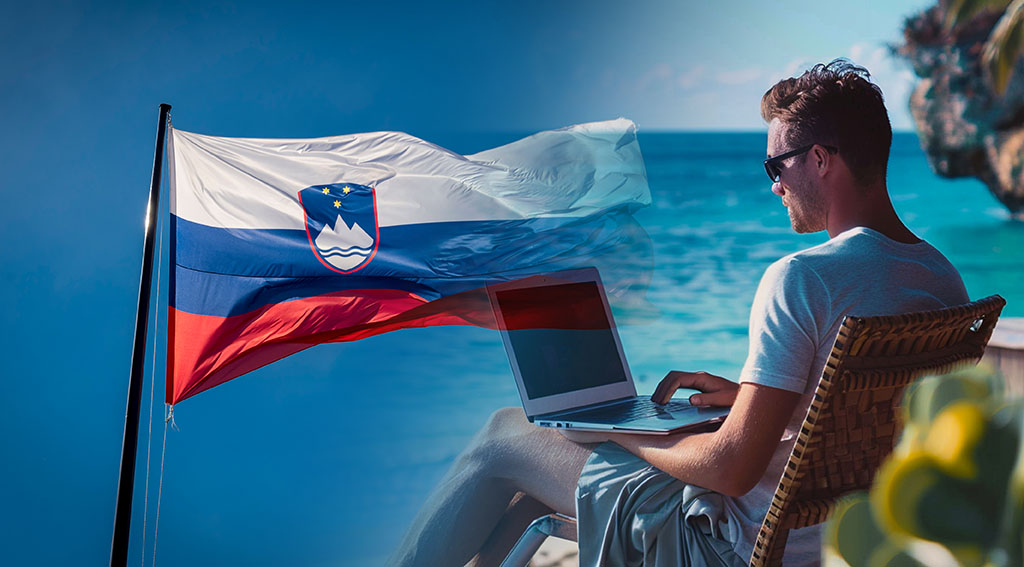Slovenia is preparing to join the growing list of countries offering visas tailored to digital nomads and remote workers.
Starting November 21, 2025, foreign nationals will be able to apply for a one-year, non-renewable remote work residence permit, allowing them to reside in the country while working either as an employee of, or contractor for, a foreign-based business, or in a self-employed capacity, according to immigration firm Fragomen.
Slovenia’s digital nomad visa scheme will create a new immigration pathway for foreign remote workers, which was previously unavailable. It aligns with a global trend of attracting location-independent professionals to boost economies through spending on accommodation, tourism, and services.
The visa program will be available to foreigners employed or working under a contract with a business based outside Slovenia, or self-employed and providing services to non-Slovenian clients using digital technologies. Family members of permit holders will also be able to obtain a residency permit of equivalent length.
Applicants will need to demonstrate sufficient income under government guidelines by providing salary contracts, payslips, and bank statements, though the minimum income threshold has yet to be announced.
They will be able to submit their application in person or by post at either a consular post, or at an administrative unit. Foreign nationals already in Slovenia will be able to apply locally, and will receive a certificate serving as a temporary residence permit until a final decision is made.
The digital nomad visa will be valid for one year and non-renewable. However, six months after the visa expires, holders will be able to submit a new application for the same permit.
Slovenia: advanced infrastructure, and affordable living
Located in Central Europe and bordered by Italy, Austria, Hungary and Croatia, Slovenia is renowned for its natural beauty, sustainable tourism, and reputation as one of Europe’s greenest and safest countries. It’s also a compelling option for remote workers, offering affordability and high quality of life, but also advanced digital infrastructure.
In 2024, Slovenia’s consumer goods and services price level was about 10% below than the European Union (EU) average. It’s also lower than its neighboring countries of Italy by about 7.5% and Austria by 20%.
 Price level index for final household consumption expenditure 2024, Source: Eurostat, Jun 2025
Price level index for final household consumption expenditure 2024, Source: Eurostat, Jun 2025
At the same time, Slovenia offers reliable high-speed Internet and advanced connectivity infrastructure. For example, fibre to the Premises (FTTP) coverage currently stands at 78.5% of households, well above the EU average of 64%, according to the European Commission.
Finally, being part of the Schengen Area further enhances Slovenia’s appeal, enabling visa holders to travel freely across 27 European countries with ease. This makes it seamless and convenient to explore and network across multiple destinations while being based in one country.
The rise of digital nomad visas
Slovenia’s new digital nomad visa places the country among the rising number of jurisdictions that offer digital nomad visas. Globally, nearly half of all destinations now offer similar schemes, with popular ones in Europe that include Italy, Spain, and Hungary.
Digital nomad visas are special visas that allow foreign professionals to work remotely from the issuing state mainly for foreign employers. Most schemes typically permit holders to stay for up to a year, and exempt them from local income taxes. They also often offer streamlined application process that can be done online.
Digital nomad visas are usually introduced to boost local economies. By welcoming remote workers for extended periods, countries aim to benefit from increased spending, skills transfer, and cultural exchange, while also regulating the emerging digital nomad trend. One research estimates that if Greece attracted 100,000 digital nomads each year, with an average duration of stay of six months, the country’s economy could be boosted by over EUR 1.6 billion.
Featured image: Edited by Fintech News Switzerland, based on images by Art of Innovation and EyeEm via Freepik
